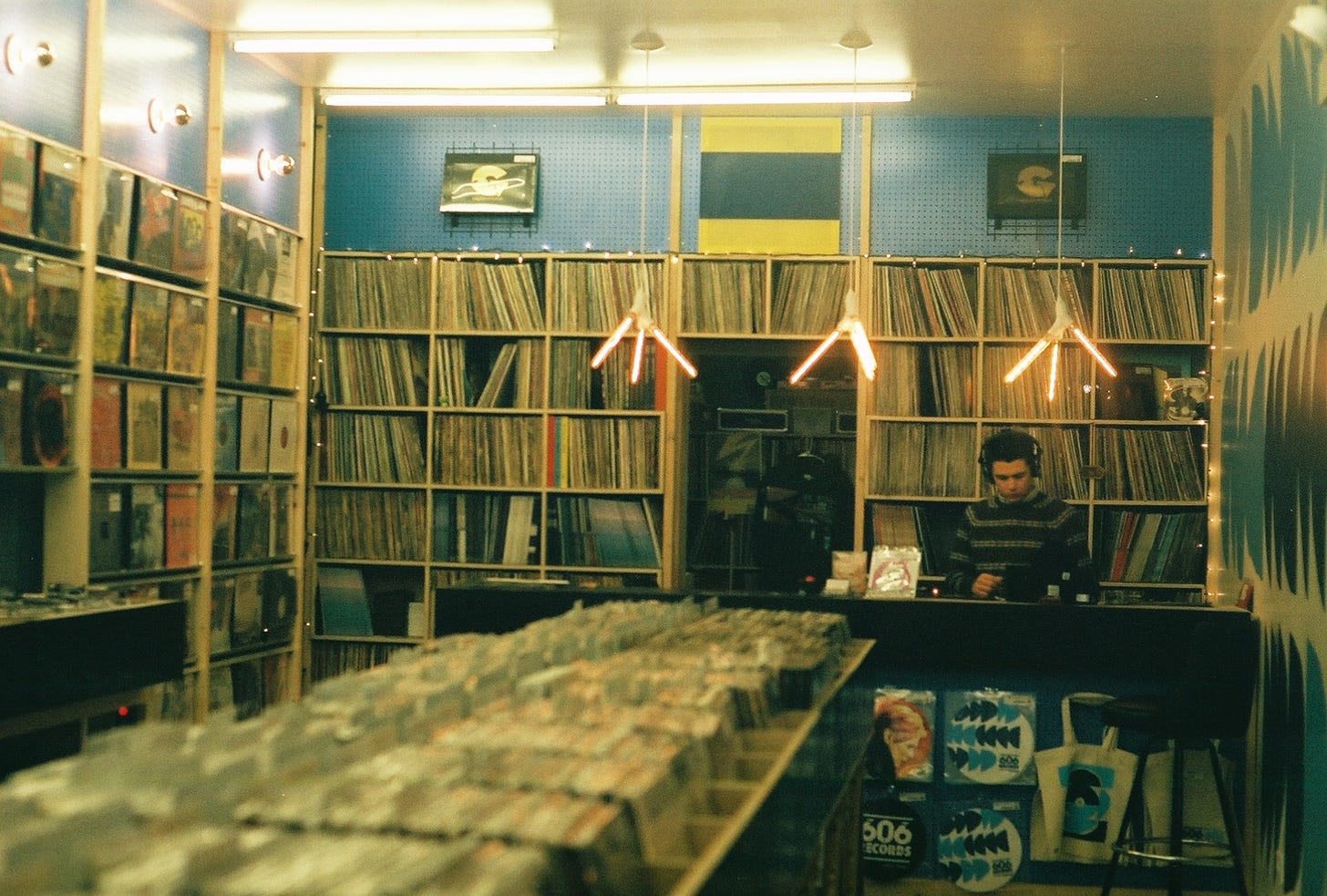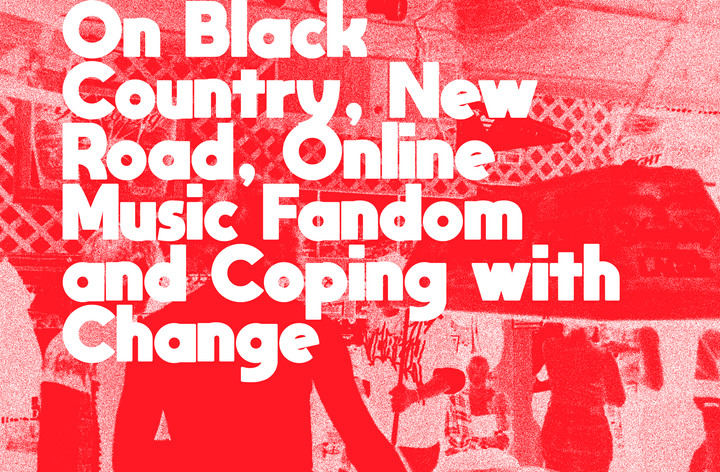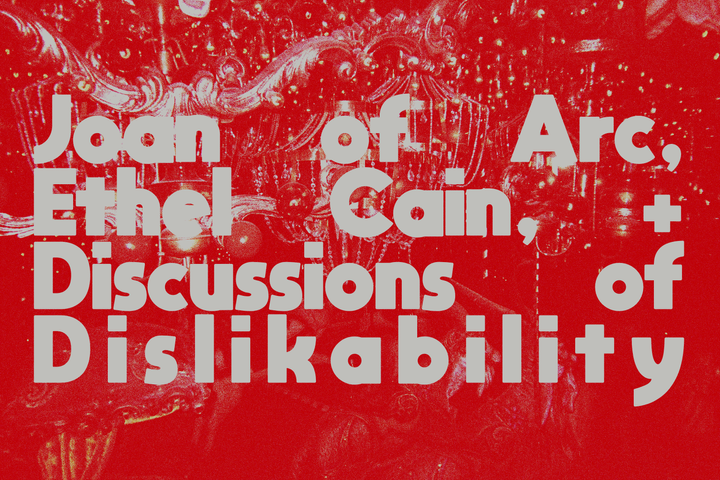on grappling with harm + ethics of support

This newsletter deals with the concept of sexual assault. Nothing is described graphically but it is the central factor to this discussion. Please be warned and take care of yourself.
I’ve been thinking about this newsletter for weeks. If you know me, you know I have always had one band that means more to me than the others. It’s the band whose show I met my boyfriend at, a story memorialized in a zine I made this year. It is, importantly, the first “emo revival” band I ever liked and informed my taste for a long time. If you’ve followed me on twitter for a long time, you’ve definitely seen me tweet (usually but not always) drunkenly about getting a tattoo for this band.
This newsletter is in reference to this band (who most of you will know even if I don’t state the name. I’m not gonna state the name.) but has a greater purpose. I’ve been thinking about the greater sprawl of sexual abuse within music and that involves the way artists and industry professionals respond when privately approached about a situation. It involves the way that response deters or encourages those targeted, often non-men, from continuing to work within the industry.
In 2017, this band (which is made up of one person, for all intents and purposes and I will use the singular pronoun for him in talking about it) dealt with a situation where his manager was accused of sexually assaulting a photographer. The photographer also stated that the artist told them to, “shut up and play nice” a statement that, in the last three years, I sort of forgot about until I read back recently. In my opinion, that public allegation was dealt with poorly. The statement was weird, especially when paired with the manager’s statement as it was released via an article that compiled several statements all together. This response is important because the initial statement mentions his specific response to her privately, “shut up and play nice” and then the photographer alludes to feeling unwelcome within that music sphere. It was all handled poorly and that’s always been my opinion. I felt uncomfortable with it and expressed that at the time but the band mostly went away until this year.
This year the band announced new music coming out. In the announcement there was language to the effect of, “I’ve worked on myself and treating those around me better” which stuck out to me immediately and I wondered what that entailed specifically in regards to the public situation of a few years ago. I don’t care if he’s privately kind of a dick or certain people don’t like him. Private social dealings and friend dynamics are of no interest to me as a fan. It does interest me to know how (or even just that) you’ve handled a public situation in which you did cause harm. But my initial assumption was that he probably had handled it or addressed it.
Full disclosure, I bought his album the day preorders went up. I have listened to the songs. I’ve even interacted with him online several times recently. This newsletter is only partially a discussion on this person, really. Your knowledge of the situation or feelings about it are your own. This isn’t a matter of cancellation, it’s a matter of impact and a discussion on the way certain kinds of responses from people with power around sexual abusers perpetuates a feeling of being unsafe. I believe there’s discussion to be had about how people around those who perpetrate abuse reconcile with the ways they’ve been complicit and caused harm themselves.
If he reads this, and it’s not impossible he will or his friends will or whatever, I hope it’s seen this way. I use this band I love and that has had material, massive impact on my life because these discussions are easy when you “never liked them anyway”. That’s not helpful. Making people causing harm and those coping with that harm a statement on your moral good is not helpful.
Anyway, back to the matter at hand. I bought the record and then I saw a different band local to Chicago speaking up about how going away for three years then returning with a weak statement about “being better” isn’t taking accountability. But I also saw other musicians in the scene not echoing that sentiment and a publicist I respect is working with him.
And it’s not irrelevant that I love this band. It should be, I volunteered with an organization specifically focused on sexual violence and harassment in music for years and I have my own experiences that should push me in the opposite direction, but that’s not realistic. Making moral judgments on support are not that easy and we should not pretend they are.
It matters that I lived in Chicago and am aware of the reputations and some of the relationships between the musicians living there. As I’ve spoken to musicians and adjacent people in Philadelphia, I’ve begun to discover less than savory actions of musicians from here that I was never privy to. Proximity matters especially in what you can expect fans to know. I mention that because prior to a private conversation with a musician from Chicago who is socially much closer to everybody involved, I found it pretty easy to just go with the online wave and maintain my assumption he’d dealt with it.
Not everybody has access to that kind of conversation with people more on the inside but, if presented, I hope you’ll listen to what those people have to say. I write about music and it matters to me the things I choose to write about so that idea of private support vs public support was pushed to the front of my mind first.
Does it impact anything to tweet about this band? What is that impact? What’s the impact of writing a review or a very positive, personal account of my experiences at this person’s shows?
I have opinions on all of those questions and I sort of came to a “well I won’t write anything but my private enjoyment can be private” but, as I’ve sat with it, I don’t think those are the things that fuel my discomfort and is another form of centering my discomfort within a situation. So I put that aside and instead thought:
What happens after someone is “cancelled”? How does support without scrutiny perpetuate the system of abuse within music?
Online we talk about “cancel culture” a lot and this isn’t really about that argument— the argument of whether it’s good or bad. Removal of people who cause harm from positions of power is important but, to me, that seems like just one prong of what would need to happen for people to really be safe. Where work needs to be done is within changing culture of what’s acceptable and what is brushed off.
It’s so important that we see bands not only removing members or firing managers but afterwards creating real amends with victims. More than that, reflect on their role in creating an unsafe environment. This is the only way to grow and prevent further harm. What happened that you weren’t aware of this? Is there anything you could have done differently? How could you be more aware? If people aren’t happy with your response, take that and assess why. Is there anything in my response I could have done better? How can I have a positive impact on the victim now?
Maybe there’s nothing you could have done. Maybe there was something. This critical reflection is not with the aim of making everyone guilty or bringing people down, it’s to create a scene full of people who are more aware and who have learned from the past to create a safer environment.
When we discuss sexual assault with musicians or music industry people, we stop short of the full scope of harm. This full focus on “well is it okay to support this person or not” means we’re creating this binary of good vs bad people that doesn’t really exist. Everyone has the capacity to do harm but it’s how we react to the harm being done around us that can create material change. Simple removal will not do that and it’s not where we should stop.
When people were reminded of the situation with the band this newsletter is supposed to be focused around, I saw reactions like, “oh well it was his manager not him” which is a response that comes from 1. evading personal guilt and 2. not thinking the artist should be “cancelled”, both of which are off base.
Support is personal and comes with the idea of having your own lines with regard to what you feel comfortable with. For me, an album announcement with a reference to treating people better when the person whose life was altered, by not only your manager but you directly, doesn’t think you learned anything, that makes me angry. When you have nothing concrete to say and don’t feel compelled to make any kind of concrete statement about a public situation that immediately preceded going away for a couple years, that’s not a good sign.
This is emblematic of a massive problem with the way we perceive harm and punishment for that harm. The avoidance of cancellation being paramount to everything means real, genuine growth is stunted. This is not a question of whether he should be allowed to return ever but instead a question of the actions that must take place before return is even a question.
This is part of creating a functioning transformative justice system within music scenes. It’s not on fans to remember and not let return happen, it’s on people in power to make responsibility, respect and growth in the face of harm that has already occurred a central function of their jobs.
In closing, I’d like to ask people not reduce the obvious sexual violence problem in music to good vs bad people that can be solved by removal of bad actors. I also ask that people focus on victims’ experiences above what they’ve perceived themselves to have lost through feeling guilty when they listen to certain songs. Systemic problems don’t have a quick solution or an easy ethical answer but we must try and to try we have to talk about it.
Miranda Reinert is a law student and zine maker based in Philadelphia. Read my zines here. Follow me on twitter here.




Comments ()